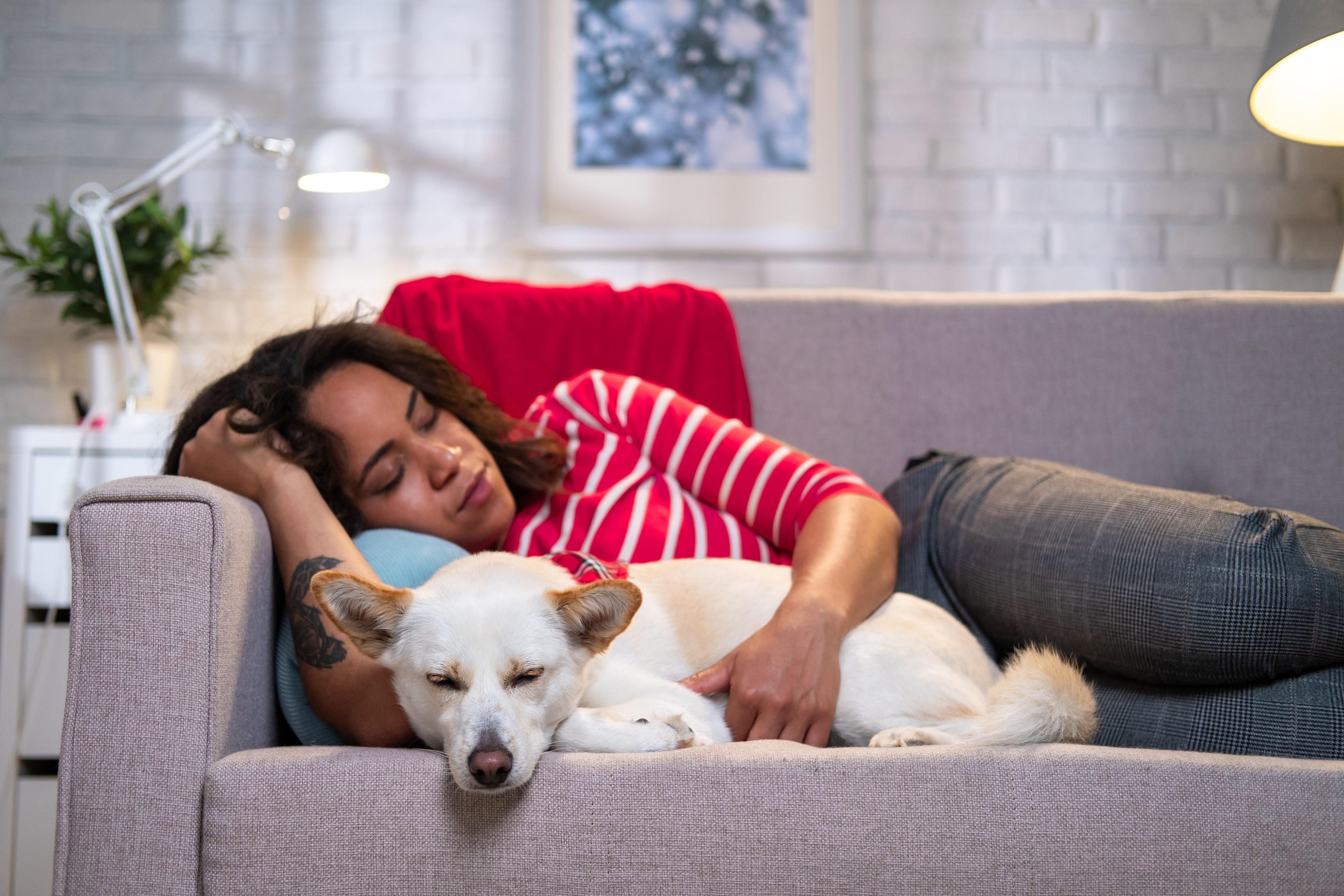Tips for Good Power Napping
Shandra Martinez
| 2 min read

Naps can improve your memory and job performance, make you more alert and ease stress, Benefits can include relaxation, reduced fatigue, increased alertness, improved mood, and improved performance and reaction time, according to WebMD.
Here are some tips for good power napping:
Keep a nap short. Ten to 20 minutes will give you all the sleep benefits without leaving you feeling groggy when you wake. Don’t nap more than 30 minutes to avoid feeling more tired, recommends the Cleveland Clinic. But a little longer naps – no more than 90 minutes - may help older people with memory recall, according to a study shared by John Hopkins Medicine. Set an alarm so you don’t sleep too long.
Take naps early in the day. Research shows that for most people, taking a nap between 12:30 and 3 p.m. is best. Napping after 3 p.m. may interfere with restful nighttime sleep.
Make the sleeping area as dark as possible. Use room darkening blinds or a sleep mask to block out light.
Keep the sleeping area cool. A room temperature of 60 to 72 degrees Fahrenheit is recommended.
Reduce noise. Look for ways to turn down sound in the sleeping area and eliminate distractions. Ear plugs can help block out sound or you can use a fan or noise machine If possible, turn your phone to silent.
Eliminate distractions. Avoid using electronics, watching television or reading a book.
Drink some caffeine. Drink some coffee before laying down. It takes about 15 minutes for the caffeine to take effect so you will wake up alert.
If you have quality of sleep concerns, please contact your physician.
Learn more about the benefits of taking a power nap on your well-being in this Blue Cross Virtual Well-Well-Being℠ webinar, “The Power of Napping.” You can also sign up for future employer-focused and individual well-being webinars and meditations here, where you’ll find past webinars and meditations on demand.
Photo credit: Getty Images





